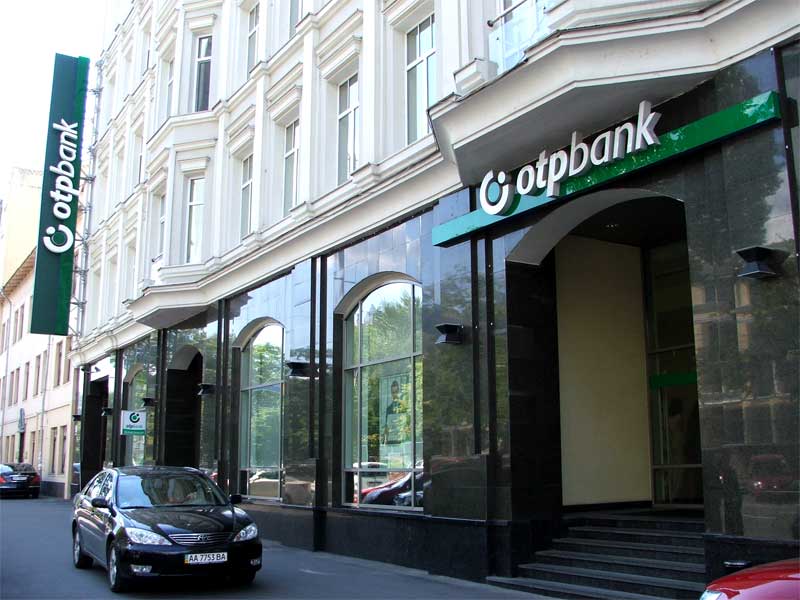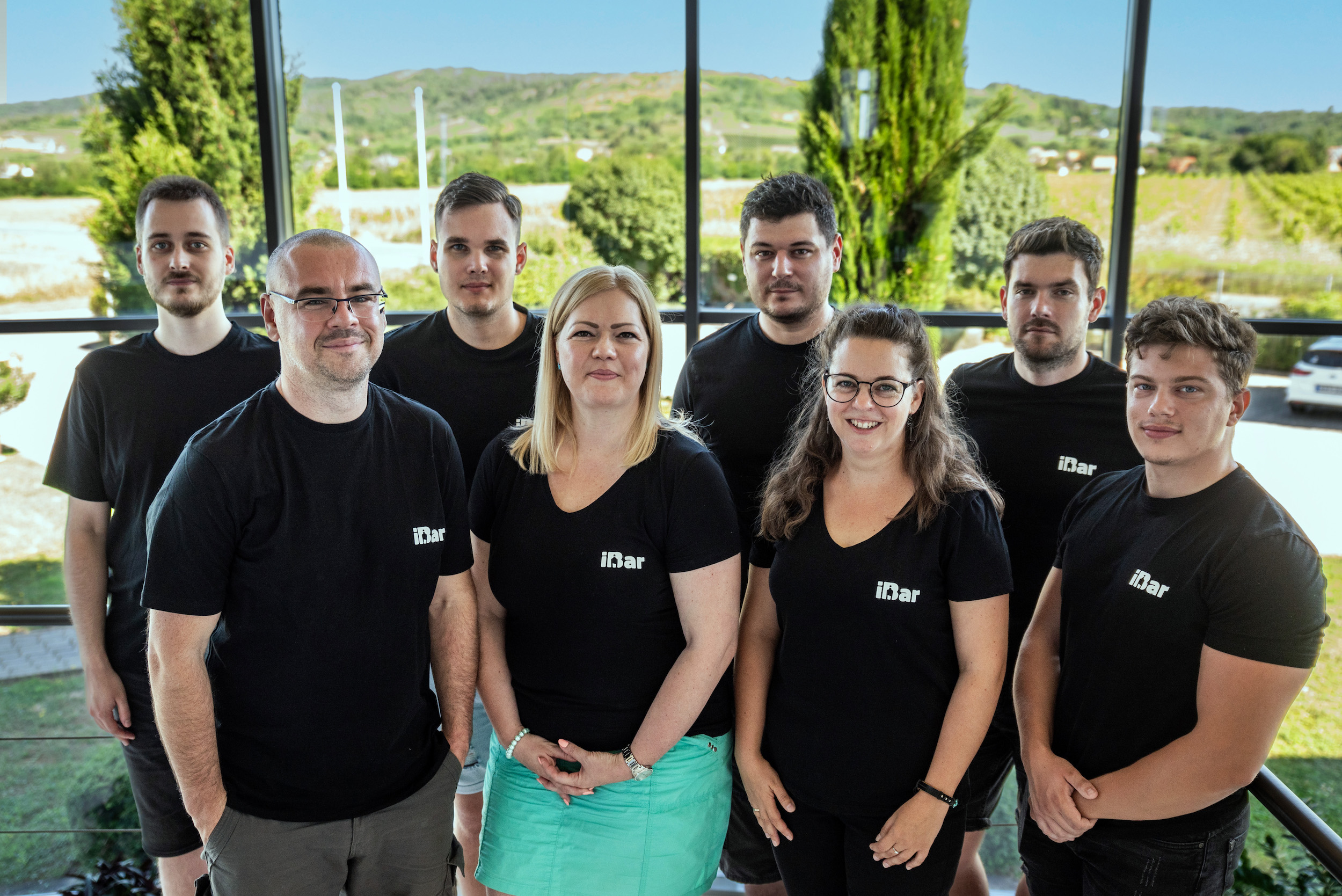Lazy Felix Promises an end to Downloading to Upload

András Györfi with his cat, Felix, for whom the app is named.
Serial entrepreneur András Györfi recently launched the browser extension Lazy Felix, which received its second round of funding from Hiventures earlier this summer. The Budapest Business Journal spoke with Györfi about the origins of his latest project, which caches images for convenient reuse, hurdles he had to overcome, milestones achieved, and goals he hopes to reach in the near future.
The idea for Lazy Felix, named after Györfi’s cat, came from a persistent source of irritation amidst his daily tasks circa 2020. Primarily working as an editor at Hungarian cryptocurrency web portal Kripto Akadémia, Györfi found he constantly had to download images only to re-upload them to be featured in articles.
“It was super annoying that [upon finding] an image, I had to download it and then upload it,” Györfi said. “I never understood why I had to have this intermediate step.”
Györfi related this irritation to a software developer friend, adding that a solution that circumvented the need to download an image only to immediately re-upload it could prove helpful.
“I had the need for a product such as this; I didn’t know how to do it, I didn’t know what would be the correct form for it, but I was sure that a lot of people would be interested,” Györfi said.
His friend, Gergely Gréczi, agreed, suggested that it should be a browser extension and that he could build it. Thus, the pair became co-founders of the new venture, which they spent the next three years developing.
Funding Approval
After roughly six months of planning the project on paper, they started seeking prospective investors. Following two or three rejections, they came to the attention of Hiventures, the VC arm of the Hungarian Investment Bank (MFB). After a six-month application process, the project was approved for an incubation program with an initial investment of HUF 15 million.
“We are looking for startups with innovative products, high growth potential on a global landscape, and most importantly, founders with proven track records and competencies,” says Tamás Tóth, Hiventures’ investment manager for the project. “Lazy Felix ticked those boxes, and we believe they have the potential to achieve significant success with their product.”
The pair proceeded to develop the project for another year before attempting to upload the extension to the Google Chrome web store at the beginning of this year. Within a few days, it was rejected. According to Györfi, the launch had coincided with an effort by Google to purge its extension selection of scams that had proliferated on the platform. This consequently required reworking the application’s programming framework, which was completed three months and one development team later.
Lazy Felix was successfully uploaded and available for download on the Google Extension web store in March 2023. After the first month, the application had around 100 users, primarily friends and associates of Györfi and Gréczi. However, the browser extension subsequently came to the attention of the Hungarian economic periodical HVG, which positively appraised it in an article in late April. Within three days of the article’s publication, Györfi said their application had gained 1,000 new users.
This kind of momentum and the positive feedback the developers received contributed to Hiventures’ decision to provide another HUF 20 mln in a second round of funding in July.
“They have made significant progress during the product development and validation phases; thus, our follow-on investment is a strong indication that we continue to have faith in the founders,” Tóth explains.
Mentorship Program
In addition to financial support from Hiventures, the Lazy Felix team was selected by Hungarian startup incubator Design Terminál to participate in a four-month-long mentorship program. Györfi spoke appreciatively of a summer retreat he recently returned from, in which the team was designated dedicated mentors and received consultation in strategic planning. The pair will continue to receive mentorship, including coaching regarding their investor pitch, business plan, and other essential startup skills, until December this year.
According to Györfi, the platform currently has around 2,000 users, with 200-300 images cached daily. He hopes to raise that figure to 1,000 images per day by the end of December and reach a usership of 10,000 by the end of the first quarter of next year. Confident in the potential of his product, Györfi believes it could eventually reach millions of users within the next few years.
In the meantime, upon reaching that 10,000-user threshold, Györfi said he plans to introduce a payment system they have already set up for the platform, although it is currently available to use for free. Once the payment system is introduced, users will still be able to cache five images a day for free, while those paying a monthly subscription of USD 1.99 can save up to 100 images per day. While Györfi said this payment tier would be their primary focus, corporate and enterprise levels will also be introduced.
With a corporate subscription, employees could save up to 100 images per day, which they could share with colleagues. This subscription would also come with an image editor, including features such as image cropping and watermarking. Companies prioritizing privacy could upgrade to an enterprise subscription, including all the aforementioned benefits, but enabling them to host cached images on their own backend servers.
Based on user feedback, Györfi outlined several developments they intend to integrate in the near future, such as the capacity to cache videos, PDFs and screenshots. “The point is, we want to eliminate downloads in general,” Györfi declared. “We think that downloading anything in 2023 is ridiculous,” he added. “People should just [be able to] select what they need.”
Lazy Felix is currently available as an extension on browsers Google Chrome, Microsoft Edge, Opera, and, for the crypto-savvy, Brave, with plans for inclusion on Apple Safari by the end of the year.
This article was first published in the Budapest Business Journal print issue of September 22, 2023.
SUPPORT THE BUDAPEST BUSINESS JOURNAL
Producing journalism that is worthy of the name is a costly business. For 27 years, the publishers, editors and reporters of the Budapest Business Journal have striven to bring you business news that works, information that you can trust, that is factual, accurate and presented without fear or favor.
Newspaper organizations across the globe have struggled to find a business model that allows them to continue to excel, without compromising their ability to perform. Most recently, some have experimented with the idea of involving their most important stakeholders, their readers.
We would like to offer that same opportunity to our readers. We would like to invite you to help us deliver the quality business journalism you require. Hit our Support the BBJ button and you can choose the how much and how often you send us your contributions.






%20(1).jpg)

